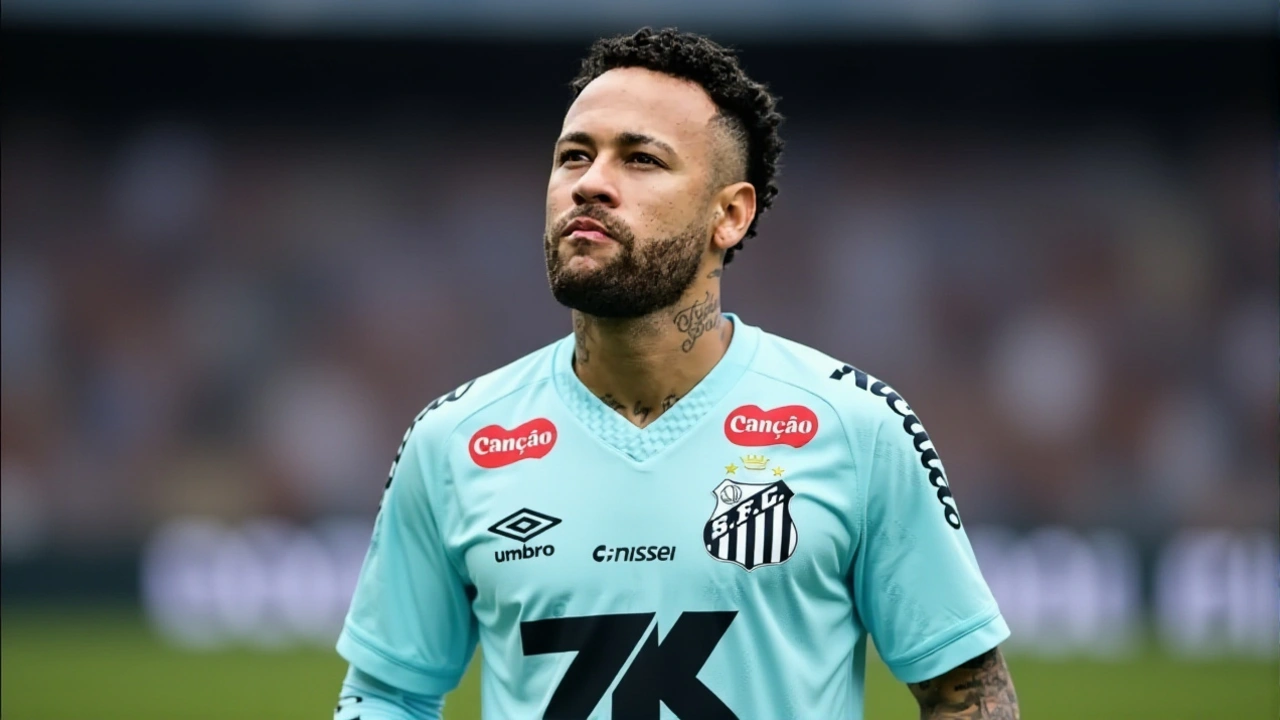Globo: The Power Behind Latin America’s Most Influential Media
Globo, Brazil’s largest media conglomerate and one of the most powerful television networks in the world. Also known as TV Globo, it reaches over 90% of Brazilian households and broadcasts content across Latin America, Africa, and beyond. It’s not just a TV channel—it’s a cultural engine. Globo decides which stories make the news, which politicians get airtime, and which stories fade into silence. Its telenovelas don’t just entertain—they shape how people see love, class, race, and power.
Behind every major event in Brazil, from elections to protests, you’ll find Globo’s influence. It’s the network that broke the story on Operation Car Wash, the same network that once gave airtime to far-right figures while sidelining others. Its news division, GloboNews, 24-hour cable news channel owned by Grupo Globo, operates like a political gatekeeper. Meanwhile, its entertainment arm, Rede Globo, the flagship television network of Grupo Globo, churns out soap operas that dominate prime time and set trends from São Paulo to Luanda. This isn’t just media—it’s social control wrapped in drama.
What you’ll find in this collection isn’t just headlines tagged "Globo." It’s the ripple effect. Stories where Globo’s coverage changed public opinion. Moments where its silence spoke louder than its reporting. Cases where its stars became politicians, and its anchors became influencers. You’ll see how Globo’s reach stretches into sports, politics, and even global entertainment—like when its telenovelas were licensed across Africa, or when its journalists broke stories that made international headlines. This isn’t about one company. It’s about how one media giant holds a mirror to a continent—and sometimes, distorts it.
Below, you’ll find real stories tied to Globo’s footprint: from how its news decisions impacted elections, to how its programming shaped national conversations. No fluff. Just the connections that matter.
